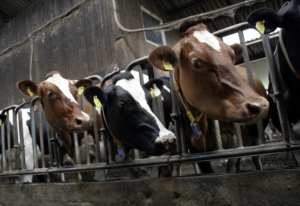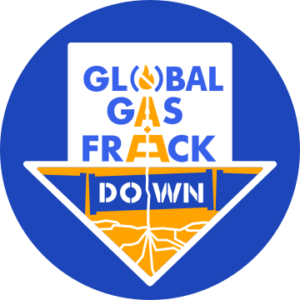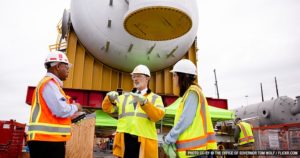People across the planet united to send a joint message to governments, corporations and fellow citizens: NO to gas, NO to fracking – YES to a truly clean future! Thousands of people got involved in over seventy actions that took place in more than fifty cities around the world.
The following are just some of the many actions which happened during the Gasdown-Frackdown days of action across six continents. If you are more into pictures (or video), check out this wonderful, colorful photo album to get an impression of the creativity and energy activists put into this action day.
Latin America: Rock concerts, human letters and workshops against fracking
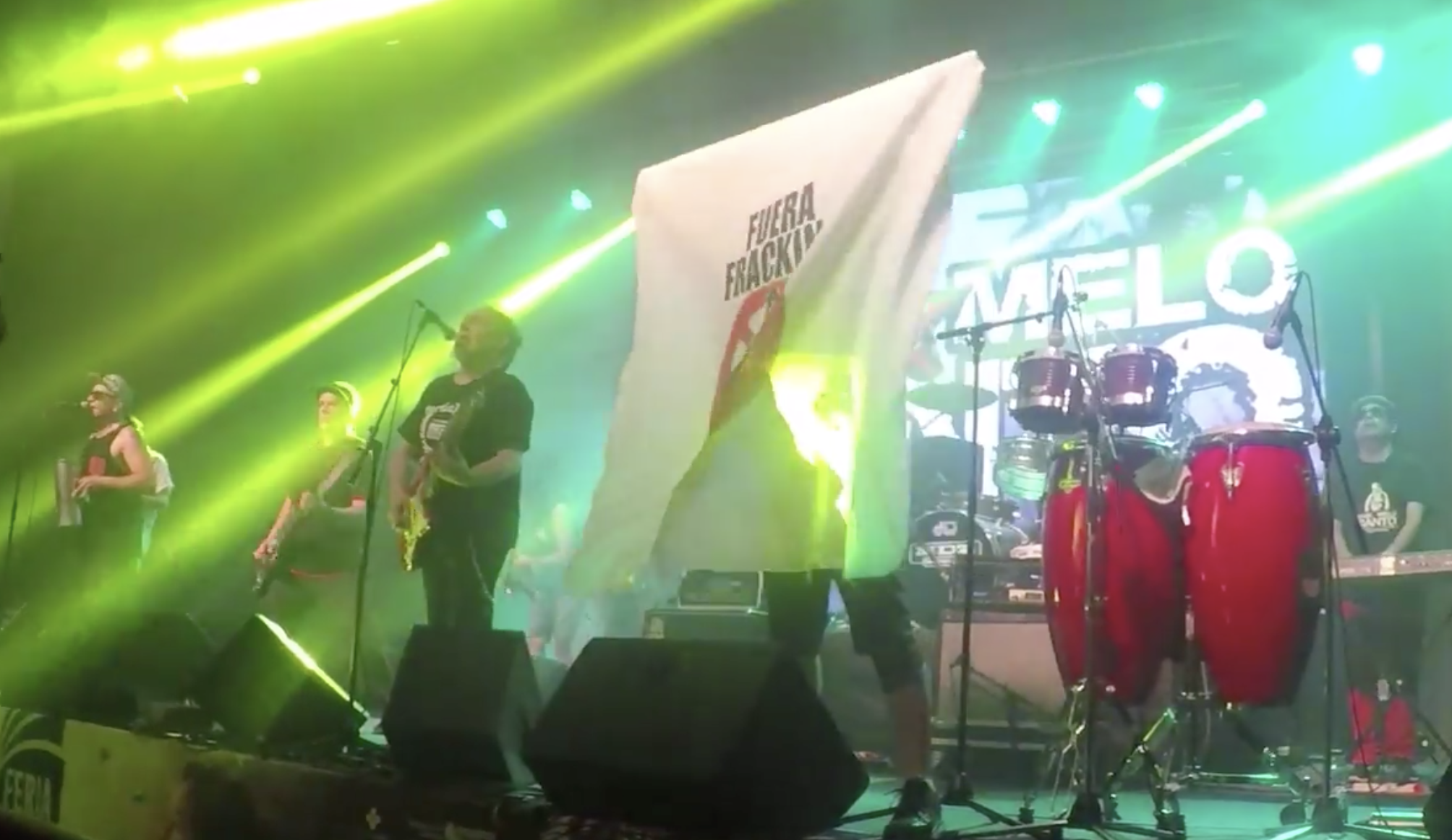
In Monterrey, Mexico, an entire day was dedicated to workshops about the impacts of fracking on water and the environment. In Argentina, two major actions took place: People in Mendoza wrote a message against fracking with their own bodies, highlighting a powerful fight for clean water. In San Rafael, Argentina, a rock concert was organized to feed the anti-fracking movement with rhythms and sounds. Meanwhile in Lima, Peru people discussed issues around fracking. And there are still actions in Latin America to come, for example in Bolivia and Colombia – stay tuned!



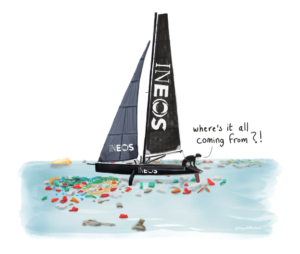 In its
In its 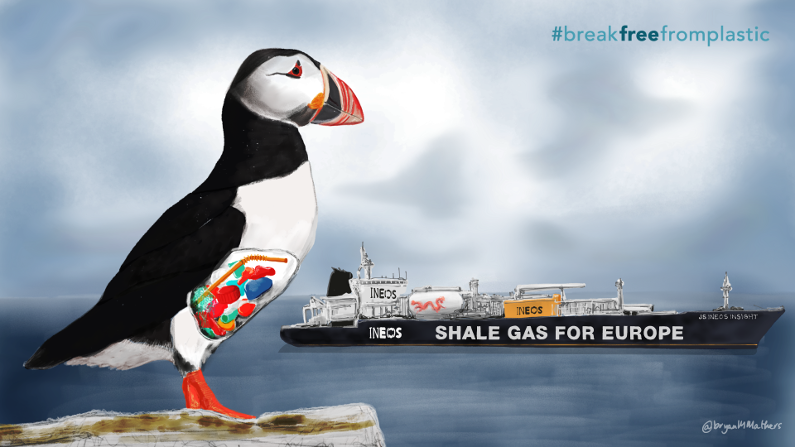 I guess that when people think of plastic pollution most of the time they think of single use plastic items (such as plastic bags, cotton buds, plastic straws, and food & beverage packaging).
I guess that when people think of plastic pollution most of the time they think of single use plastic items (such as plastic bags, cotton buds, plastic straws, and food & beverage packaging).